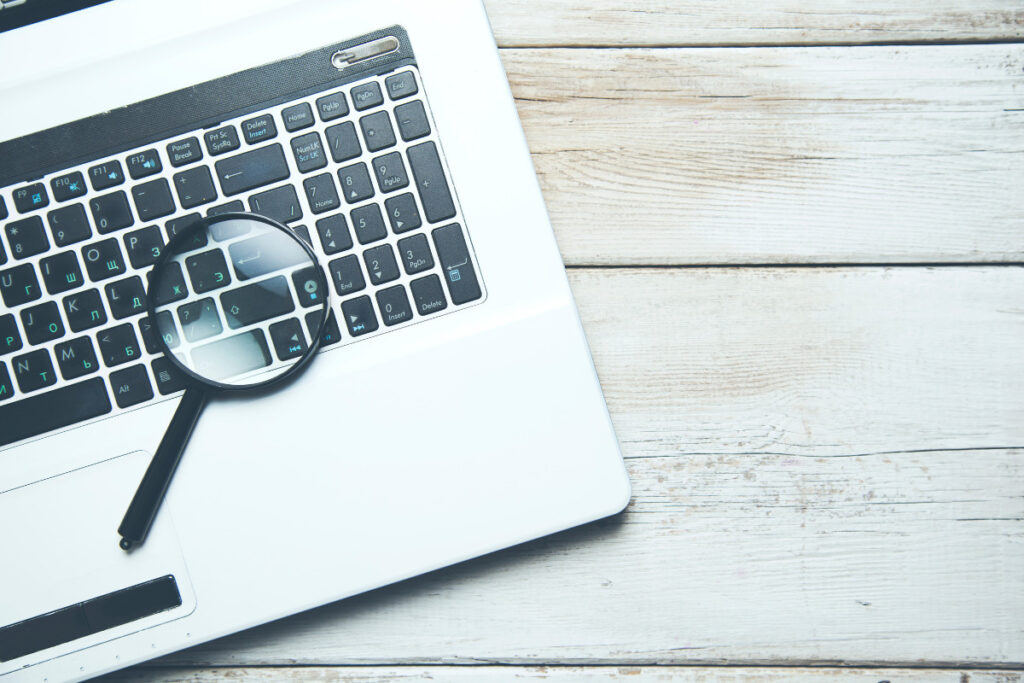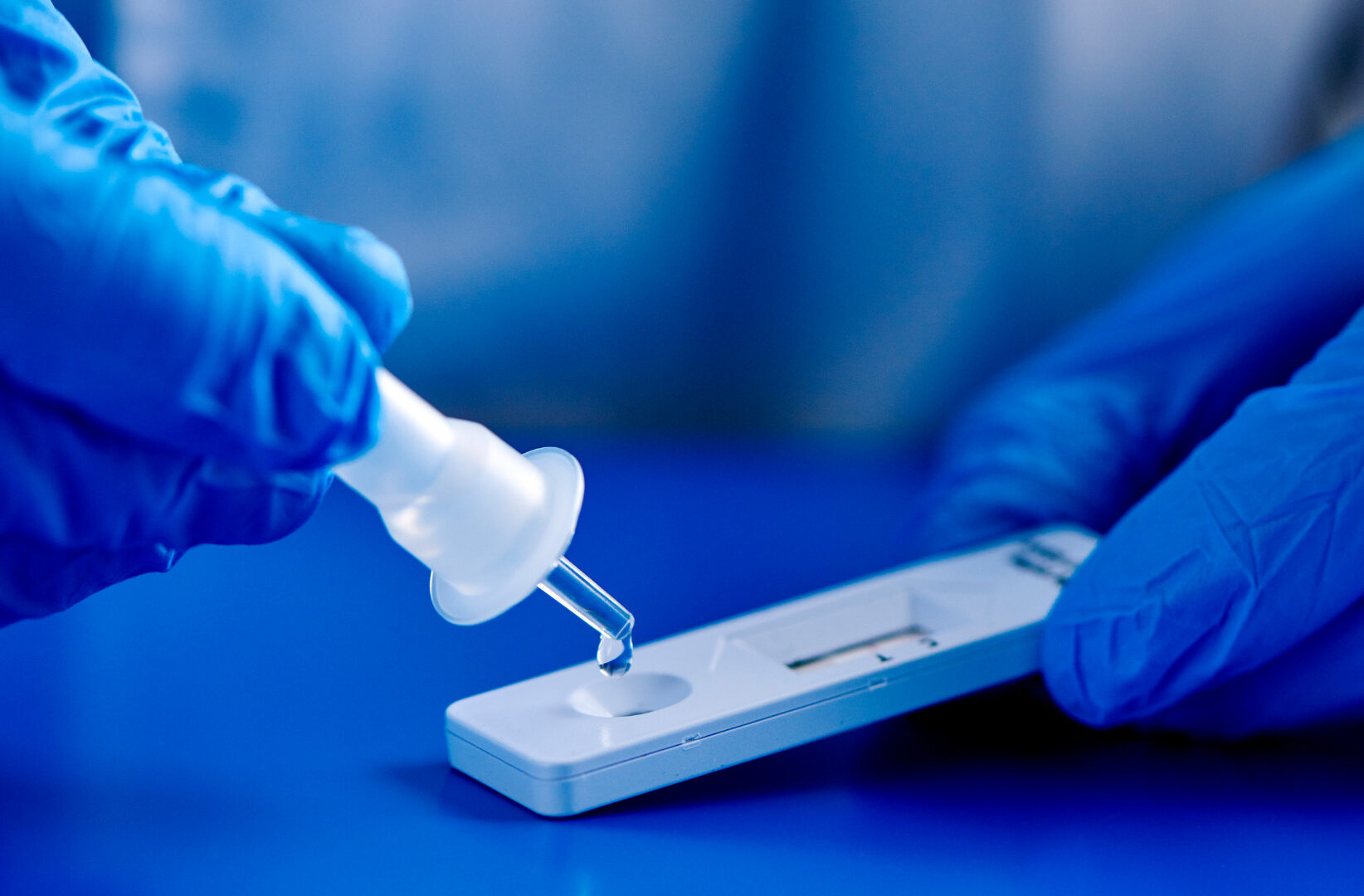Remote Supplier Audits – Lessons Learned from the COVID-19 Pandemic
February 16, 2022 Orit Gamburg, B.Pharm, M.Sc., MBARemote Supplier Audits – Lessons Learned from the COVID-19 Pandemic
February 16, 2022
Orit Gamburg, B.Pharm, M.Sc., MBA
During the past two years, we all were forced to adapt our quality activities, especially, when traveling became difficult and face-to-face meetings became limited. Particularly challenging during the COVID-19 Pandemic are supplier quality audits, an essential part of a supplier qualification program, in accordance with current regulatory requirements.
This article will address:
1- Remote supplier audits advantages
2- Remote supplier audits challenges
3 - Remote supplier audits recommendations for a successful outcome
Advanced informational technologies available today, allow for effective and successful remote audits. For instance, live stream or pre-recorded video can be used for the examination of facilities and operators. Video conference services are widely used for group meetings and can be used for other purposes, such as operator interviews, screen sharing of documents, data, and other relevant information. In addition, confidential documents and data can be shared via different secure share folder services.
With the growing hope that the world will be back to normal very soon, we also want to believe that the lessons and experience gained during the last two years will be useful in the future. For example, remote supplier audits can be used also after the Pandemic is over. However, the advantages and disadvantages of remote supplier audits should be well recognized before deciding on which type of audit to plan.
Remote audits advantages:
Remote audits have numerous advantages over on-site audits for both auditors and auditees.
● Firstly, by default, they are much easier to schedule and allow more flexibility for both sides. For example, relevant auditee experts can join the discussions for a limited time, even if their general availability is low.
● Secondly, remote audits save resources and time, allowing for a more efficient audit program. Reduced travel and accommodation fees for the auditors, enables scheduling more than one vendor audit per week.
● Thirdly, remote audits may even be more efficient than on-site audits, if documents are shared by the auditees in advance since more documentation can be reviewed. If agreed in advance between both sides, video and audio recordings of the audit can provide better context for the paper records and allow improved follow-up for auditor and auditees

Remote audits challenges:
Remote audits challenges, that should be taken into consideration, while planning a remote audit.
● Firstly, despite all the technological solutions, remote audits provide limited ability to observe the facilities, equipment and activities. The level of detail that can be noticed remotely is relatively low and it is possible that the auditor will miss important details. Also, remote conversations are prone to misconceptions, which can be avoided by direct communication.
● Secondly, the remote facility tours require adequate infrastructures, such as sufficient internet coverage in all areas, which may be challenging, for example, in underground facilities or other remote areas. In addition, the personnel who are participating in the audit from both sides should be familiar with all remote access and data security technologies, such as document exchange, virtual chats, access permissions, and others. Lack of adequate infrastructure and personnel training will most probably lead to an unsuccessful audit.
● Thirdly, despite more flexibility with remote audits, different time zones can be a critical issue. Inconvenient audit hours may lead to reduced attention, lack of cooperation, frustration, and in general, a less successful audit.
● Lastly, we should always remember and as far as possible, prepare for the risk for technology failures, that may occur during the remote audit from either side, including sudden loss of connectivity, poor audio and/or video connection, and others.
In conclusion, on-site inspections will likely continue to be the preferred standard in the foreseeable future. Even the most successful remote audit may not be sufficient for supplier qualification and an on-site visit will yet be required to complete the qualification. Nevertheless, remote audits can be used in the supplier qualification process, as a valuable part of the general qualification program.

Remote supplier audits recommendations for successful outcome:
In order to maximize the effectiveness of the remote audit we have the following recommendations.
● The focus of the remote audit should be on the overall product quality/safety maintenance, general quality system, and critical operations, rather than on particular details.
● Sufficient technological infrastructure should be in place to support secure remote access, including internet coverage, suitable software for data exchange, and video conference. The participating personnel should practice virtual presentation skills and receive sufficient training to resolve common technical problems that may occur during the audit.
● An on-site follow-up should be considered to complete the detailed process observations and clear up any remaining issues.
We wish our colleagues fruitful and interesting audits, on-site or remote, and hope our recommendations will be useful.

This article was prepared by:

Orit Gamburg, B.Pharm, M.Sc., MBA
Gsap RA & QA Project Manager
For more information about our advanced therapies industry visit:




